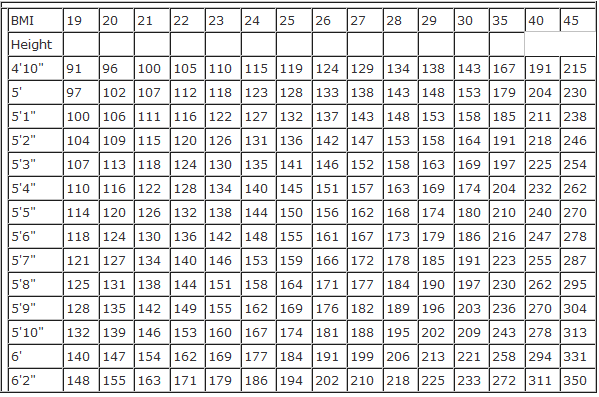
The Judge’s decision seems to be premised not on the policies and practicalities of licensing by ASCAP and BMI, but instead simply from an interpretation of the language of the BMI consent decree itself. His decision can be found on the BMI website, here. This interpretation was rejected by Judge Stanton, the Judge who oversees the BMI consent decree.


100% licensing means that, if a song was licensed as part of the repertoire of ASCAP or BMI, the licensee would get rights to all of that song, even if there were multiple songwriters some of whom were not affiliated with ASCAP or BMI. While ASCAP and BMI initiated the review looking for certain relief from provisions of the Consent Decrees that govern their operations (see our summary of the initial proposals here), in its decision, which we wrote about here, the DOJ decided that the only clarification of the consent decree that it would put forward was one that required 100% licensing by ASCAP and BMI. DOJ’s decision stemmed from its review of the ASCAP and BMI antitrust consent decrees, which was initiated by ASCAP and BMI.
BMI REPERTOIRE CATALOG FULL
You may not create, generate, reverse engineer or compile any source code version of the data platform or any part thereof, nor shall you assist or allow others to do so.īy starting a query of the data platform, you are confirming that you understand the limitations of the information in the data platform, that you agree to the terms and conditions stated above.On Friday, the US District Court judge who oversees the administration of the BMI Consent Decree rejected the recent Department of Justice interpretation that the antitrust consent decree required that, when BMI licensed music to music users, that license would embody the full musical work, not just a fractional interest that might be held by the songwriter who was the BMI member. You may not copy, distribute, download, publish, modify, reformat, reconfigure, extract, scrape, link, incorporate into other software, databases or online material, or otherwise appropriate the data platform or any part thereof, without the express written permission of BMI. The data platform is intended for research and information purposes in the form presented. Additionally, BMI will not sue an individual or business for infringement for the performance of music in which BMI has an interest if, when that music is performed, it was not listed in the data platform.īMI and/or its Songview partner(s) own all rights in the data platform under all applicable federal and state laws. Taking out a BMI license allows a business to rely on the rights afforded in our license agreements, should any issue arise regarding their use of works in which BMI has an interest.Īny business that chooses not to take a BMI license and refrains from performing BMI music will not be sued by BMI for infringement. While BMI cannot give a blanket guarantee regarding the accuracy of the data, this should not be of any concern to those who rely on our license or the information contained in the data platform because of the following provisions.īusinesses that take out a BMI license can be assured that BMI will not bring an infringement action against a licensee that relies on the information contained in the data platform. BMI has high confidence in the accuracy of the data we provide, which is obtained from rights holders who, as royalty recipients, have every incentive to provide reliable data. works where one or more interests are licensed by BMI, including foreign compositions), and an expanded group of additional works not represented by BMI but with interests licensed by and reconciled with our Songview partner(s).Īn authoritative view of data is an important foundation for a properly functioning music licensing system. The data platform contains information on compositions in the BMI repertoire (i.e. Restrictions regarding the use of the data platform:


 0 kommentar(er)
0 kommentar(er)
